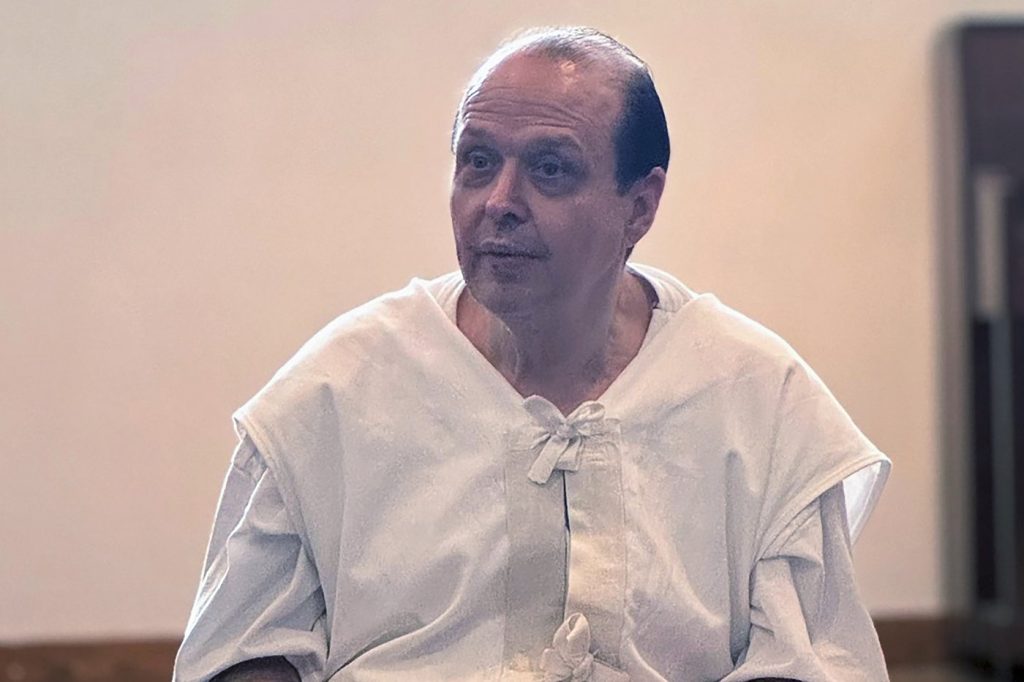HOUSTON (AP) — A Texas judge has set a new execution date for Robert Roberson, a man previously granted a last-minute reprieve. This execution, scheduled for October 16, 2024, could make Roberson the first individual in the U.S. to face the death penalty for a murder conviction related specifically to shaken baby syndrome.
District Judge Austin Reeve Jackson announced the execution date during a court hearing. The Texas Attorney General's office, led by Ken Paxton, requested this timeline, while Roberson's legal team raised objections, indicating that there is still an appeal pending in the Texas Court of Criminal Appeals. They claim this appeal contains "powerful new evidence" that could prove his innocence.
Roberson, now 58, was convicted in 2002 for the murder of his two-year-old daughter, Nikki Curtis, in Palestine, East Texas. Prosecutors argued that he violently shook the child, causing severe head trauma, which they attributed to shaken baby syndrome. However, Roberson's defense maintains that Nikki's death was not caused by abuse but by complications from pneumonia.
Since receiving a stay of execution last October following a series of legal challenges, Roberson's case has drawn attention from a bipartisan group of Texas lawmakers who assert his innocence. These lawmakers have contended that Roberson's conviction relied heavily on flawed and outdated scientific evidence. In a recent appeal filed in February, Roberson's legal team stated that the new evidence presented would lead “no rational juror” to find their client guilty of capital murder, citing statements from pathologists that classified Nikki's death as non-homicidal.
Roberson was scheduled to be executed on October 17, 2024, just before receiving a stay to his execution. This stay was granted after Texas lawmakers issued a subpoena for him to testify before a House committee, scheduled just days after his original execution date. However, the Texas Supreme Court later ruled that while the subpoena was valid, it could not legally prevent a scheduled execution.
Ultimately, Roberson did not testify before the House committee, as efforts by Paxton’s office blocked any opportunity for him to address lawmakers regarding his case. Court documents indicate that the Anderson County District Attorney's Office, responsible for prosecuting Roberson, has consented to allow the Texas Attorney General’s office to take over the case as it continues to unfold.
Roberson's situation highlights ongoing debates regarding the reliability of forensic evidence in capital cases, particularly in instances linked to shaken baby syndrome. This case not only raises questions about the validity of past convictions based on such evidence but also underscores the complexities surrounding the intersection of law and forensic science.











